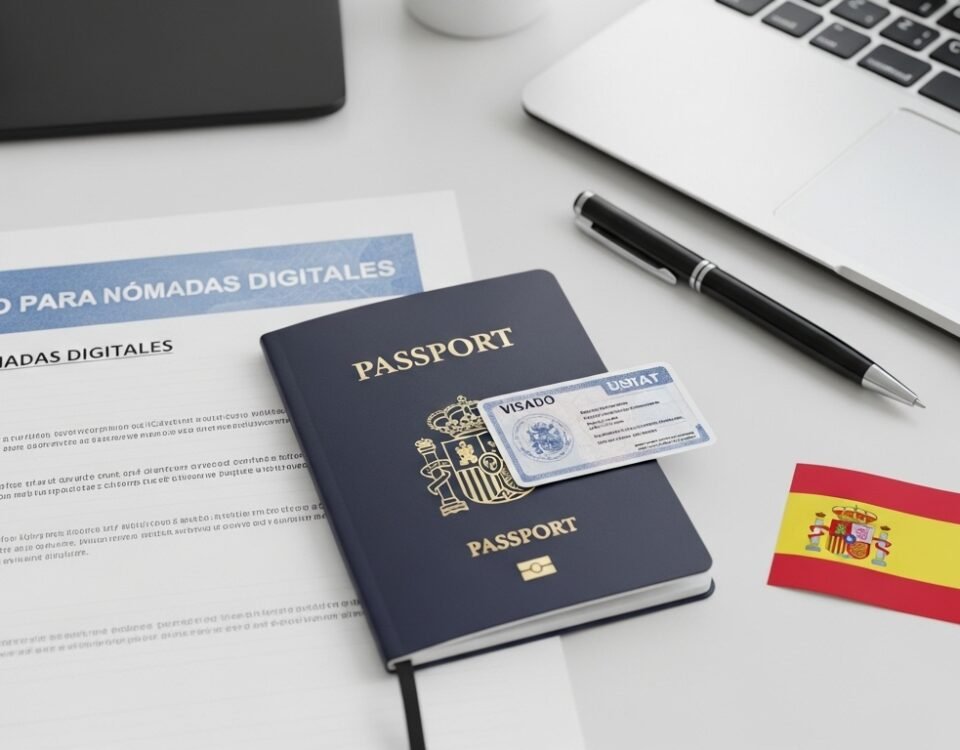Being a freelance digital nomad is the ultimate form of professional freedom. You are your own boss, you set your own hours, and your office can be anywhere from a cafe in Rome to a co-working space in Gdańsk. But this freedom comes with a unique challenge: how do you find, manage, and maintain a professional client base while constantly on the move?
The answer isn't a secret job board; it's a system.
Success as a freelance nomad is built on a foundation of professional, repeatable processes that create stability in a lifestyle of constant change. This guide isn't just a list of places to look for work. It's the ExplorerNest framework for building a sustainable freelance business from anywhere in the world.

Part 1: Finding High-Quality Clients
Forget endlessly scrolling through low-paying gigs. A professional approach focuses on finding better clients, not just more of them.
1. The Proactive Approach: Master LinkedIn
LinkedIn is your most powerful tool. It's not a job board; it's a networking engine.
-
Optimize Your Profile: Your headline should be a clear value proposition, not just a job title. Instead of "Freelance Writer," try "Freelance Content Strategist for Tech Startups."
-
Share Your Expertise: Don't just look for jobs; share your knowledge. Post valuable content related to your field. This attracts clients to you by proving your expertise before they even see your portfolio.
-
Connect Strategically: Connect with founders, marketing managers, and heads of department in the industries you want to work with. Engage with their content genuinely.
2. The Strategic Platform: Use Upwork Correctly
Platforms like Upwork can be a race to the bottom, but they can also be a goldmine if used correctly.
Build Your JSS: Your "Job Success Score" is everything. When starting out, take a few smaller, easier jobs and deliver exceptional work to get 5-star reviews. A 95%+ JSS is a magnet for high-quality clients.
Specialize in a Niche: Don't be a generalist. A client is more likely to hire a "Shopify E-commerce Specialist" than a generic "Web Developer."
Write a Killer Proposal: Never use a template. Your proposal should be a direct, concise solution to the client's specific problem.
3. The Hidden Gem: Your Professional Network
Your most valuable source of clients is often the people who already know and trust you.
Announce Your Services: Post on LinkedIn that you are taking on new freelance clients. You'll be surprised who is looking for your exact skills.
Reach Out to Past Colleagues: Send a polite, professional message to former managers and colleagues. They know the quality of your work and are often your best advocates.
Part 2: Managing Clients Like a Pro (From Anywhere)
Forget endlessly scrolling through low-paying gigs. A professional approach focuses on finding better clients, not just more of them.
1. The Onboarding System: From Prospect to Partner
Every new client should go through a clear, professional onboarding process.
The Discovery Call: Always start with a 15-30 minute video call to discuss goals and ensure you're a good fit.
The Simple Contract: This is non-negotiable. A basic contract protects both you and the client. It should clearly outline the Scope of Work, the Timeline, and the Payment Terms.
Set Communication Expectations: Define your "office hours" (factoring in time zones), your preferred communication channel (e.g., Slack), and your standard response time.
2. The Nomad's Toolkit for Client Management
The right digital tools make managing clients from anywhere seamless.
Communication: Slack for daily chat and Zoom for meetings.
Project Management: Trello or Asana for tracking tasks and deadlines. This keeps everything transparent.
Getting Paid: This is critical. Use a service designed for international payments. As I covered in my [Guide to International Banking](link-to-your-banking-post), a platform like Wise is essential for receiving money from clients in different countries with minimal fees.
Being a successful freelance digital nomad isn't about finding a magic bullet. It's about implementing professional systems that build trust, deliver exceptional work, and create a stable foundation for a life of freedom and travel.
What's your number one challenge as a freelancer on the road? Share your questions or your own tips in the comments below!


